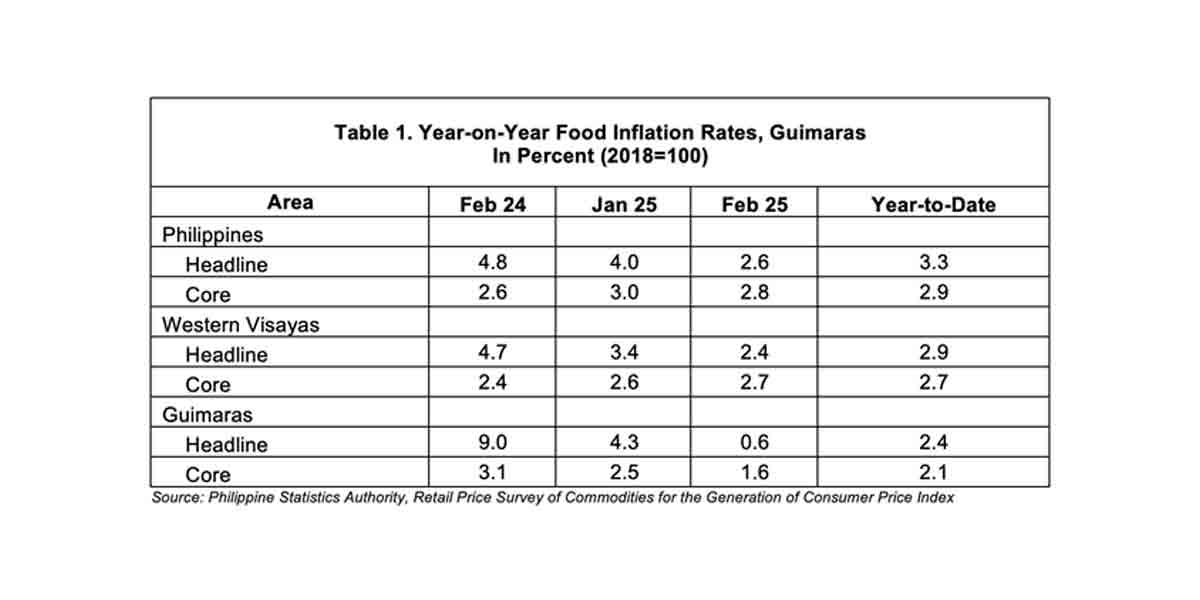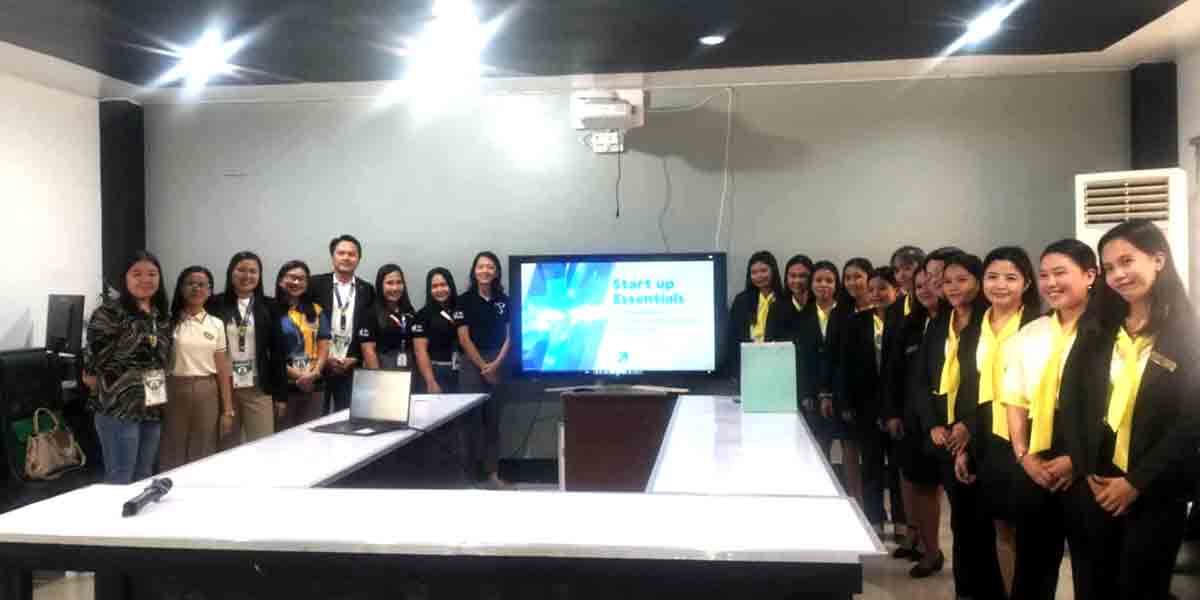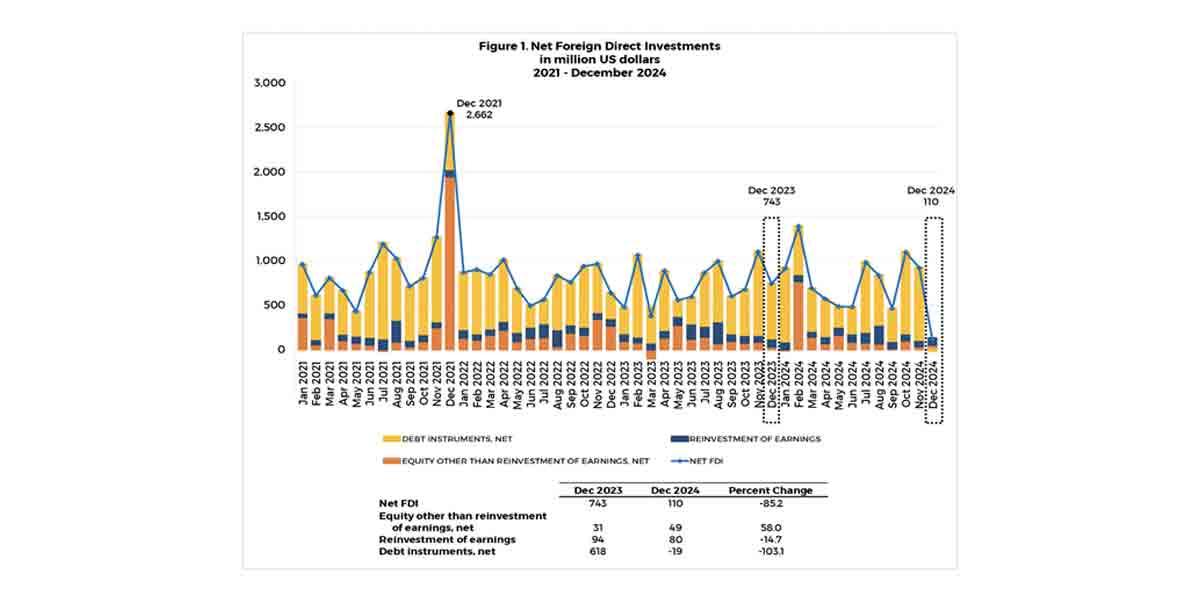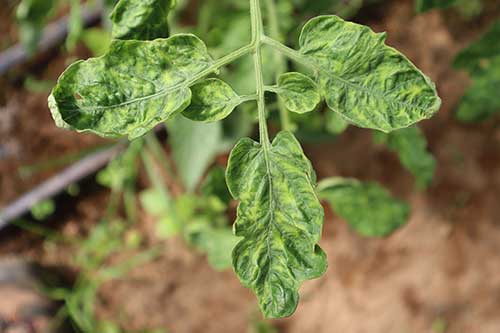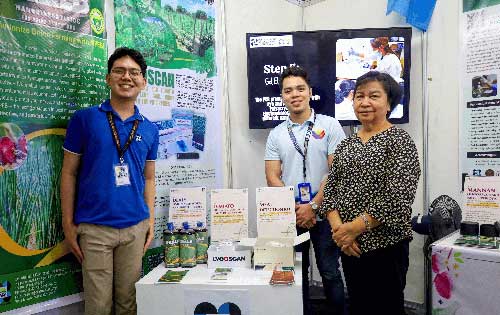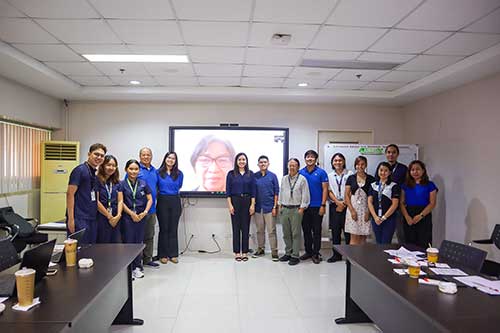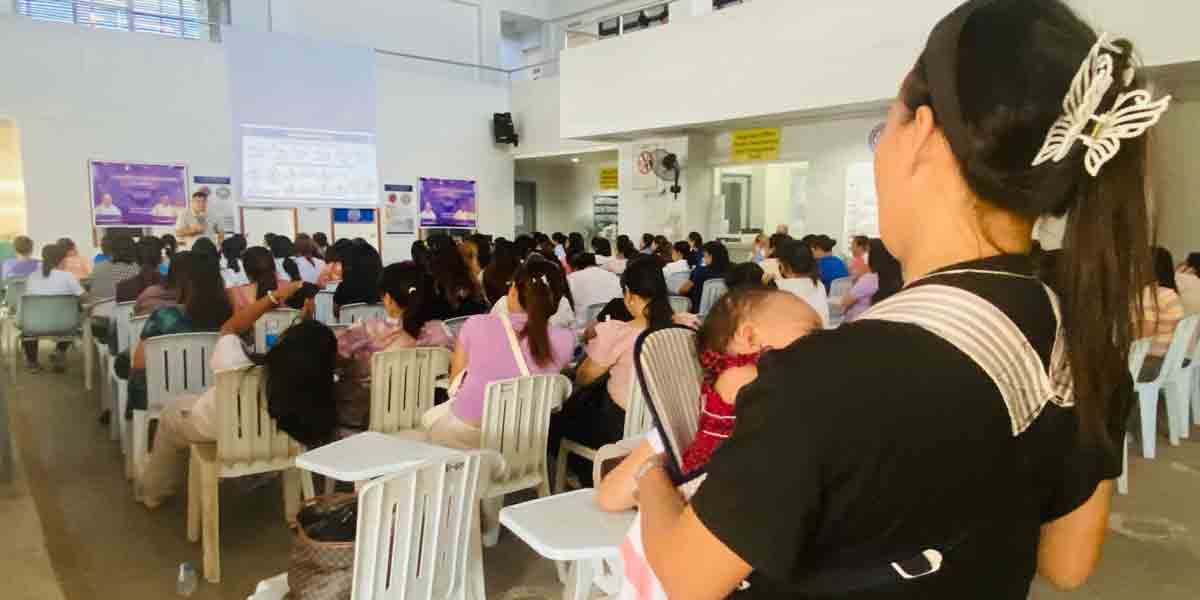A new diagnostic technology for detecting tomato yellow leaf curl virus (TYLCV) is being optimized by the Industrial Technology Development Institute of the Department of Science and Technology (DOST-ITDI).
The initiative is part of the project “Development of a LAMP-based Detection Kit for Tomato Yellow Leaf Curl Virus (TYLCV)-Philippine Strains”, under the Virology and Vaccine Research of the Philippines (VRP) program, funded by DOST.
According to Project Leader Elizabeth G. Panerio, the project aims to develop a loop-mediated isothermal amplification (LAMP)-based detection kit for TYLCV, a virus that causes stunting, yellowing, and leaf curling, leading to reduced fruit quality and yield losses.
The diagnostic tool is envisioned as an early-warning system for disease monitoring and quarantine efforts, allowing local government units (LGUs) and stakeholders to take timely action and prevent TYLCV outbreaks.
DETECTION KIT
During a recent project review conducted by the Philippine Council for Agriculture, Aquatic and Natural Resources Research and Development (DOST-PCAARRD), Dr. Panerio and her team reported significant progress.
They have successfully collected tomato leaf samples from 15 tomato-growing provinces with previous disease outbreaks.
Using a reference DNA sequence from one of their TYLCV isolates, the team has developed LAMP primers, a key component for the field-applicable TYLCV detection kit.
They also designed LAMP primers compatible with colorimetric and fluorometric assays for rapid detection. A simple fluorescence-detecting device is used in the assay, producing a yellow-to-green glow when the virus is present in a tomato plant.
The fluorometric LAMP assay will play a crucial role in developing a field-based detection kit for TYLCV.
EVALUATION AND RECOMMENDATIONS
During the review, Technical Evaluator Cris Q. Cortaga from the Institute of Plant Breeding, College of Agriculture and Food Science, University of the Philippines Los Baños (IPB, CAFS-UPLB) stressed the importance of optimizing the wet LAMP assay by testing it on various samples, including both healthy and infected plants.
He also recommended profiling Philippine TYLCV strains before developing the field LAMP kits to ensure accuracy, reliability, and effectiveness across different strains.
The review was attended by DOST-ITDI and DOST-PCAARRD representatives, led by CRD Assistant Director Sharie Al-Faiha A. Lubang and Industry Strategic S&T Program (ISP) Manager for Vegetables Joel Norman R. Panganiban.
The prototype TYLCV detection kit was among the technologies showcased during the 20th National Biotechnology Week exhibit at the E.B. Copeland Gymnasium, University of the Philippines Los Baños (UPLB).






